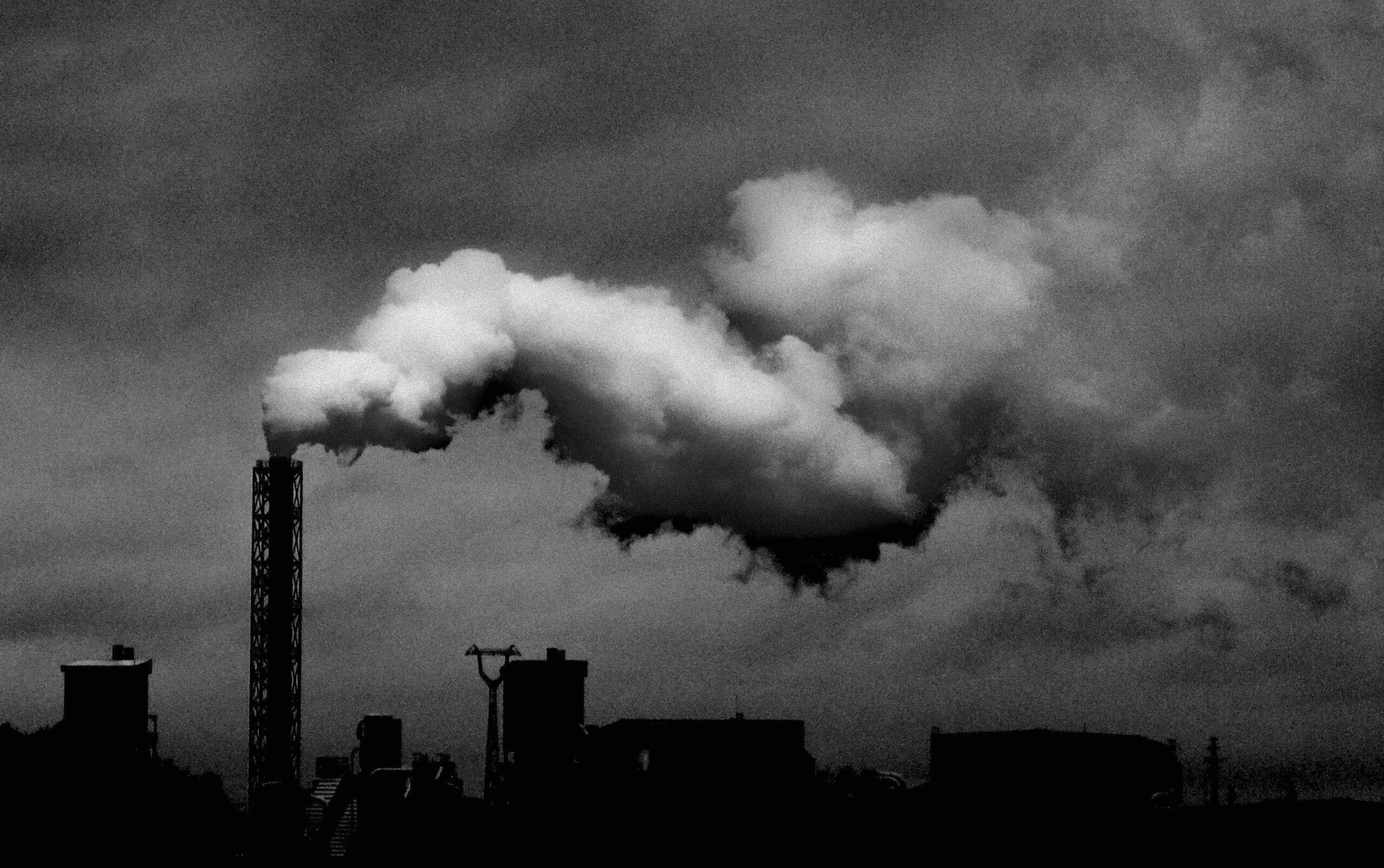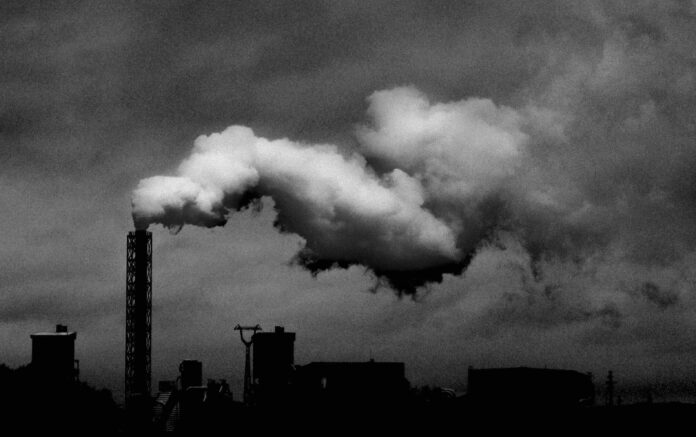By Jackson Okata
Nairobi, Kenya: A report released by Greenpeace Africa and Greenpeace MENA has listed Egypt, Nigeria, and South Africa as Africa’s most polluted countries in terms of air pollution and disease burden, with heavy health consequences being suffered by people and exacerbated impacts on climate change.
Titled “Major Air Polluters in Africa Unmasked,” the report investigated the biggest human sources of air pollution across Africa, with major focus on industrial and economic sectors, including the fossil fuel industry.
The report says Africa is home to some of the worst Nitrogen dioxide(NO2) and Sulphur dioxide(SO2) hotspots in the world, all of which are primarily linked to thermal power plants. Six of the world’s ten largest NO2 emission hotspots identified were found in Africa, all in South Africa.
Of the ten largest SO2 point sources identified in Africa, nine are thermal power stations, and one is linked to a smelter complex in Mali. Four of the power plants are located in South Africa owned by ESKOM, two in Morocco and Egypt, and one in Zimbabwe.

According to the report, the lack of air quality monitoring in Africa has allowed pollution to remain hidden. The report emphasizes the sparse monitoring of air quality in Africa, revealing that the WHO’s 2023 Ambient Air Quality Database includes data from just 14 countries within continental Africa. IQAir’s World Air Quality report for 2022 which draws data from an even wider range of sources found that monitoring data is available in just 19 of Africa’s 54 countries. Similarly, only 19 African countries have legislation incorporating ambient air quality standards, according to the First Global Assessment of Air Pollution Legislation by the United Nations Environmental Programme.
“There is abundant evidence that African nations face a serious public health crisis from air pollution. The root causes of this crisis are the air pollutant emitters. Data from satellites and even fuel sales in each country allow scientists to investigate emission sources. These data point towards the biggest hotspots, the biggest contributions to pollution and who is responsible for them” said Dr Aidan Farrow, Senior Scientist at the Greenpeace Research Laboratories
Health Burden
Every year in Africa, some 1.1 million premature deaths have been linked to air pollution. The report findings state that exposure to air pollution is the second leading risk factor for death in Africa (HEI 2022), and achieving World Health Organization guidelines could result in significant gains in life expectancy. Pollutant emissions lead to a considerable number of premature deaths in Africa. Egypt, Nigeria, and South Africa consistently exhibit large disease burdens, with the highest mortality linked to fossil fuel air pollution in these nations
Household air pollution accounts for 63% of deaths attributed to air quality in Africa yearly, with newborns, the elderly, and children below five years being the most susceptible.
The World Health Organisation (WHO) reports that high air pollution exposure in Africa triggers both short and long-term illnesses, including cardiovascular and respiratory diseases, cancer, kidney problems, and pregnancy complications. These contribute to premature deaths and decreased life expectancy, as highlighted by UNEP.
Health impact studies suggest that life expectancy could be improved by up to 3 years in some African nations if air quality met WHO guidelines. According to the United Nations Environment Programme (UNEP), outdoor air pollution is projected to increase the yearly number of premature deaths from 930,000 in 2030 to 1.6 million by 2063.
Way Out
The report also recommends steps that can be taken to address the critical issue of air pollution in Africa including investment in clean technologies, especially in the energy sector. It calls for urgent action to reduce dependence on solid and fossil fuels and wants governments to invest in clean and affordable energy technologies to safeguard people’s well-being and mitigate climate change.
Additionally, the report wants legislators and African governments to enact strong and comprehensive legal air quality standards across African states to achieve improved air quality, reduce waste burning, end waste colonialism, and promote efficient waste management.














